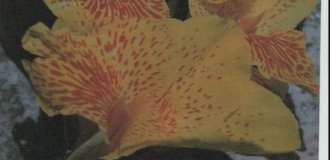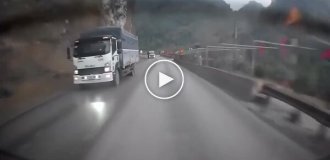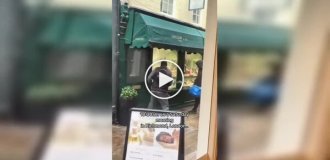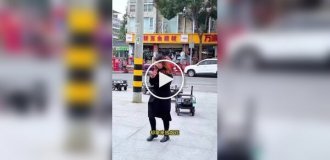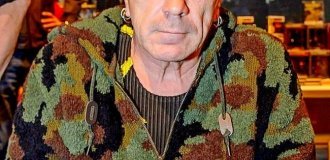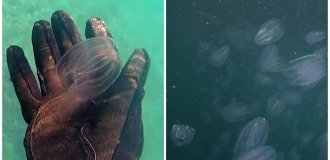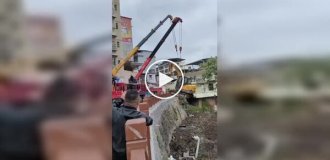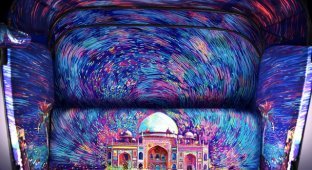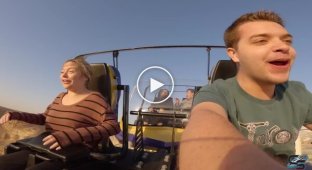The sad fate of the "donkey taxi": behind the scenes of a tourist paradise (12 photos + 3 videos)
The Greek island of Rhodes is facing a serious problem with the exploitation of donkeys in the tourism industry. Dozens of animals in the village of Lindos are forced to work as "taxis" to transport well-fed passengers up steep slopes. At the same time, the conditions in which the animals are kept are, to put it mildly, far from ideal. 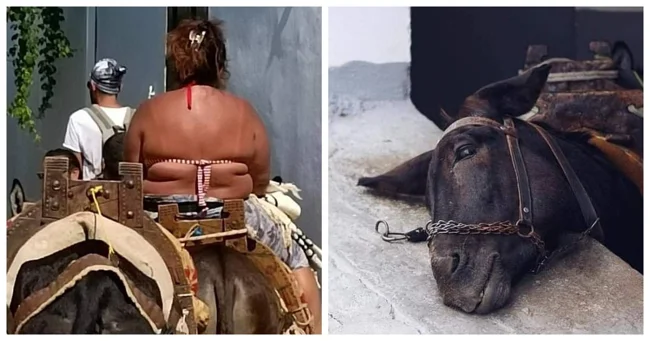
These taxi donkeys are a real attraction on the island, but behind the pretty picture lies a sad reality. Activists from Liber Life Rhodes say that the animals are forced to carry heavy saddles for hours in the scorching sun. Some are even forced to transport refrigerators and logs! Yes, donkeys used to be the main form of transport on the Greek islands, but now they are mainly used for the entertainment of tourists. 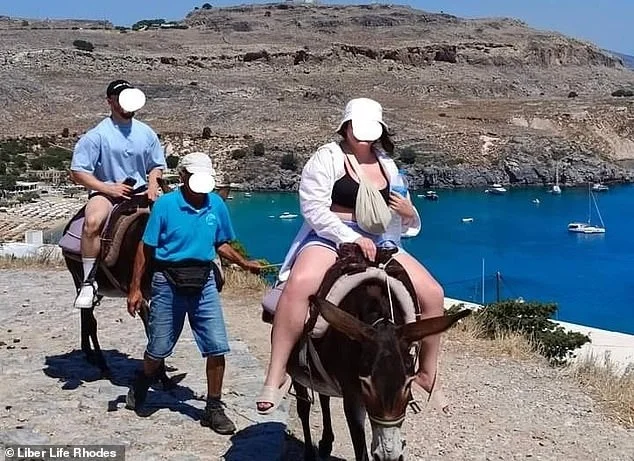
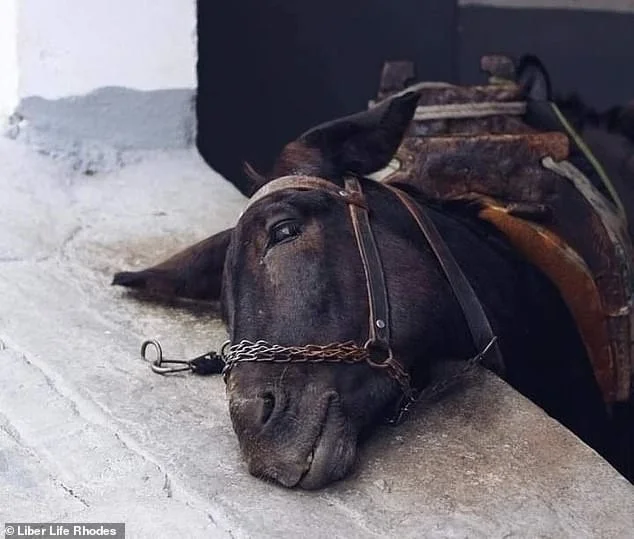
[banner_post]{banner_post}[/ banner_post] 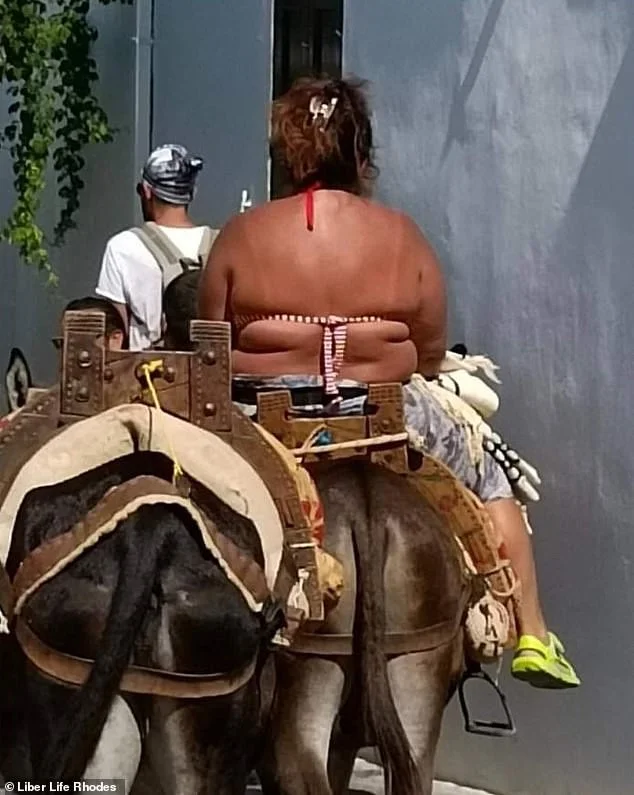
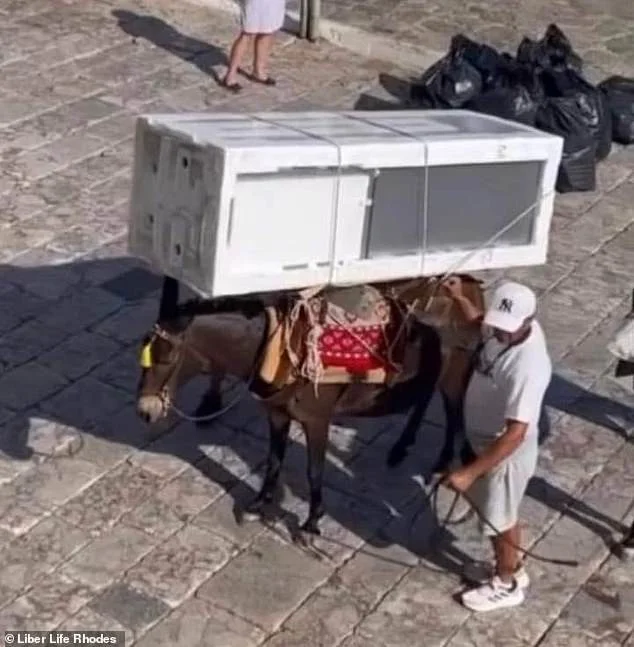

Animal rights activists from Liber Life are trying to somehow establish a dialogue with local donkey owners in order to improve conditions for the animals. They have managed to install sunshades in the waiting areas, plenty of water bowls, thermometers to monitor the temperature (at temperatures above 36 degrees, the donkeys are too hot to work), and scales to weigh passengers/luggage so as not to overload the animals.
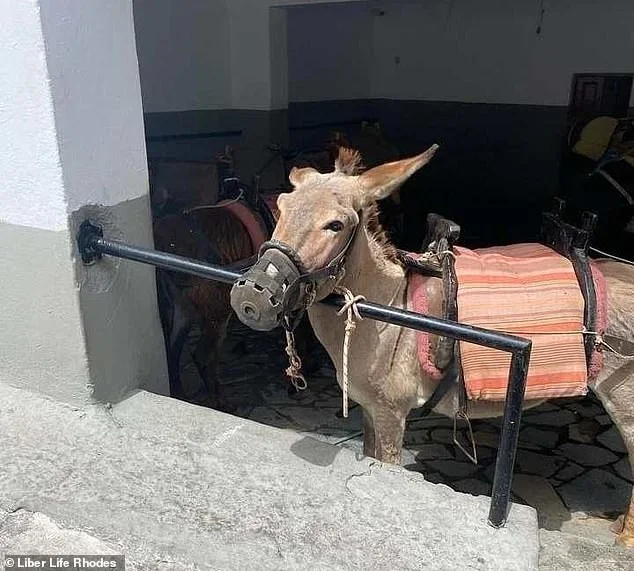
Every tourist is supposed to weigh themselves on a scale before mounting a donkey to ensure that the donkeys are lifting no more than 30 percent of their body weight. "We hope that people will be conscientious," says Alexandra Passaro from Liber Life. However, according to her, many still consider donkeys to be just objects for entertainment and do not want to change anything.
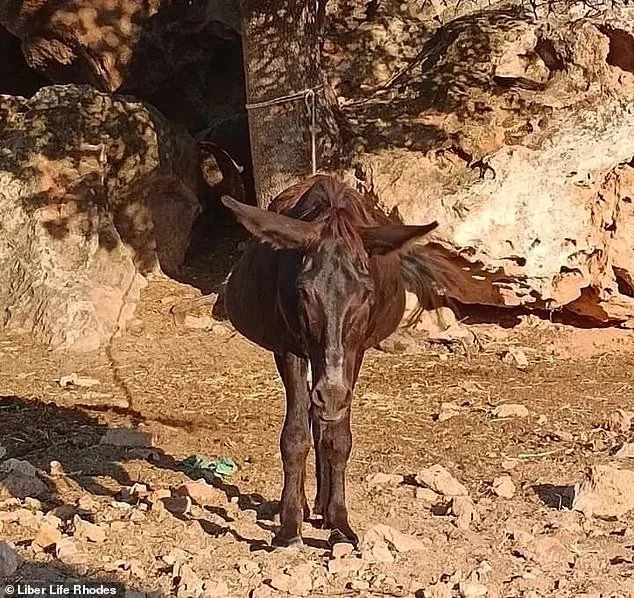
Of course, "Lindos taxis" are the calling card of the island, which everyone is used to. And yet, some tourists have already joined in condemning such treatment of animals. Maybe other people will think about it and this will influence the situation as a whole. After all, donkeys are also living creatures, and not just an attraction for vacationers.
Although donkey owners are often blamed for the poor treatment of animals, many say that tourists are also largely to blame - they love to ride these animals too much. Passaro admits that the plight of taxi donkeys is precisely because tourists ride them every summer. She proposes a donkey sanctuary where tourists can come and pet the animals rather than force them to work. "We're just trying to give the donkeys as much freedom as possible," she says.
Some tourists, of course, defend donkey rides, arguing that the animals are well cared for and that it helps locals make money. But Passaro believes a sanctuary is the best solution. "We understand that people make money from this... but you can't do it by abusing animals every day," she says.
Another animal rights group, Animal Liberation Front, is distributing posters to let tourists know that Greek donkeys don't want to give rides in the scorching heat.
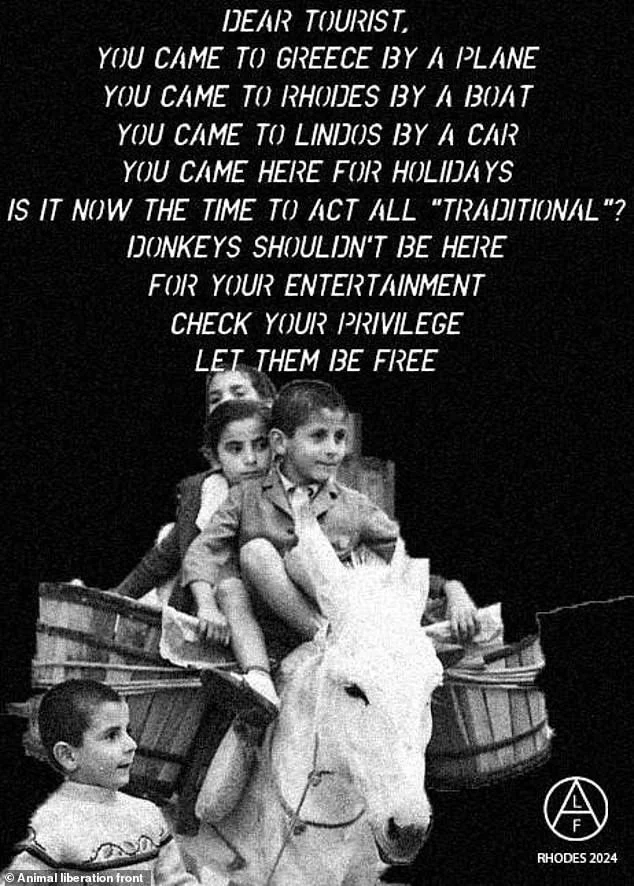
"Dear tourist, you flew to Greece by plane, sailed to Rhodes by boat, got to Lindos by car. You came here for a holiday. Is now the time to immerse yourself in "tradition"? Donkeys should not entertain you. You have had more luck in life than they have"
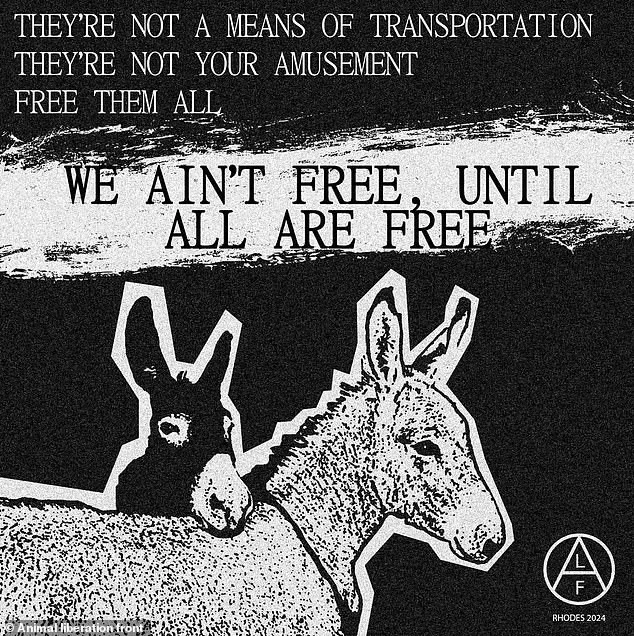
"They are not a means of transportation. They are not for your entertainment. Free them all. We are not free until they are free"
The problem is common on all Greek islands, not just Rhodes. Passaro said shocking footage emerged from Santorini in 2019 of donkeys being whipped while dragging heavy tourists up steps in the heat.
A video released by PETA activists shows donkeys and mules being used as taxis to ferry holidaymakers along the island's cobblestone paths. The gruesome footage shows flies crawling on open wounds from bad saddles, while a trainer hits the animals with sticks and yanks on their reins. If the donkeys, adorned with beads and bells, don't move, they are simply whipped.
Locals, eager to maximize profits, crossbred donkeys with horses to produce larger, tougher mules. Although Santorini passed a law in 2018 banning people over 100 kg from riding donkeys, animal rights activists have still criticized the treatment.
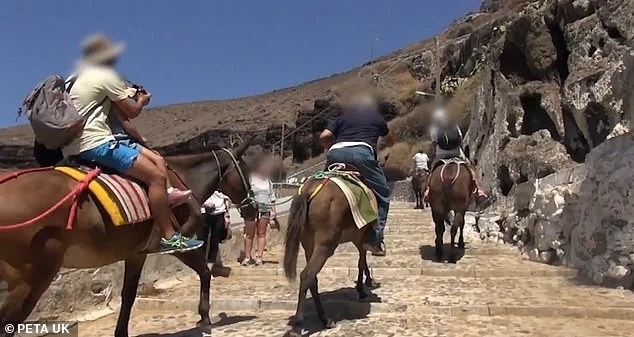
The law was passed after several petitions launched by people concerned about the animals' welfare, including Motley Crue drummer Tommy Lee, who voiced his concerns in an open letter.
It said: "I am honored to have been born in Athens, and wherever I tour with Mötley Crüe, I proudly proclaim my Greek heritage. But there is a problem tarnishing Greece's reputation that I hope you can help solve: the appalling treatment of the poor donkeys and mules forced to drag tourists up the steep hills of Santorini. Tourists should be taking the steep cable car in Santorini! Instead, they are hoisted on exhausted donkeys forced to drag people up and down the 500 steps from the port to the old town several times a day."
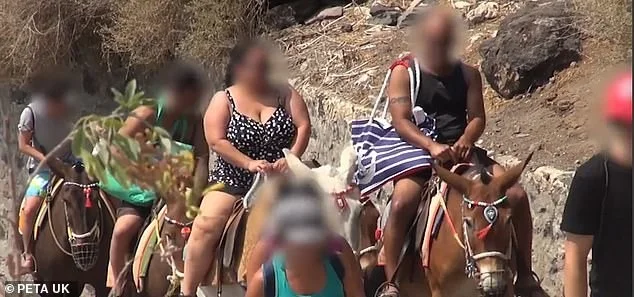
By the way, similar measures (restricting the weight of the rider) have been adopted in Rhodes. The president of the Lindos Donkey Protection Association, Philippos Koliais, said that they installed scales to prevent riders heavier than 80 kg from approaching the donkeys. According to him, the animals are also microchipped, vaccinated and work no more than 60 minutes a day.
But some organizations still believe that donkeys and mules should not be used to transport tourists at all. Alexandra Passaro says that the main problem is that people do not understand why donkeys should not be treated this way - for them, they are simply objects, a means of transportation or entertainment.


